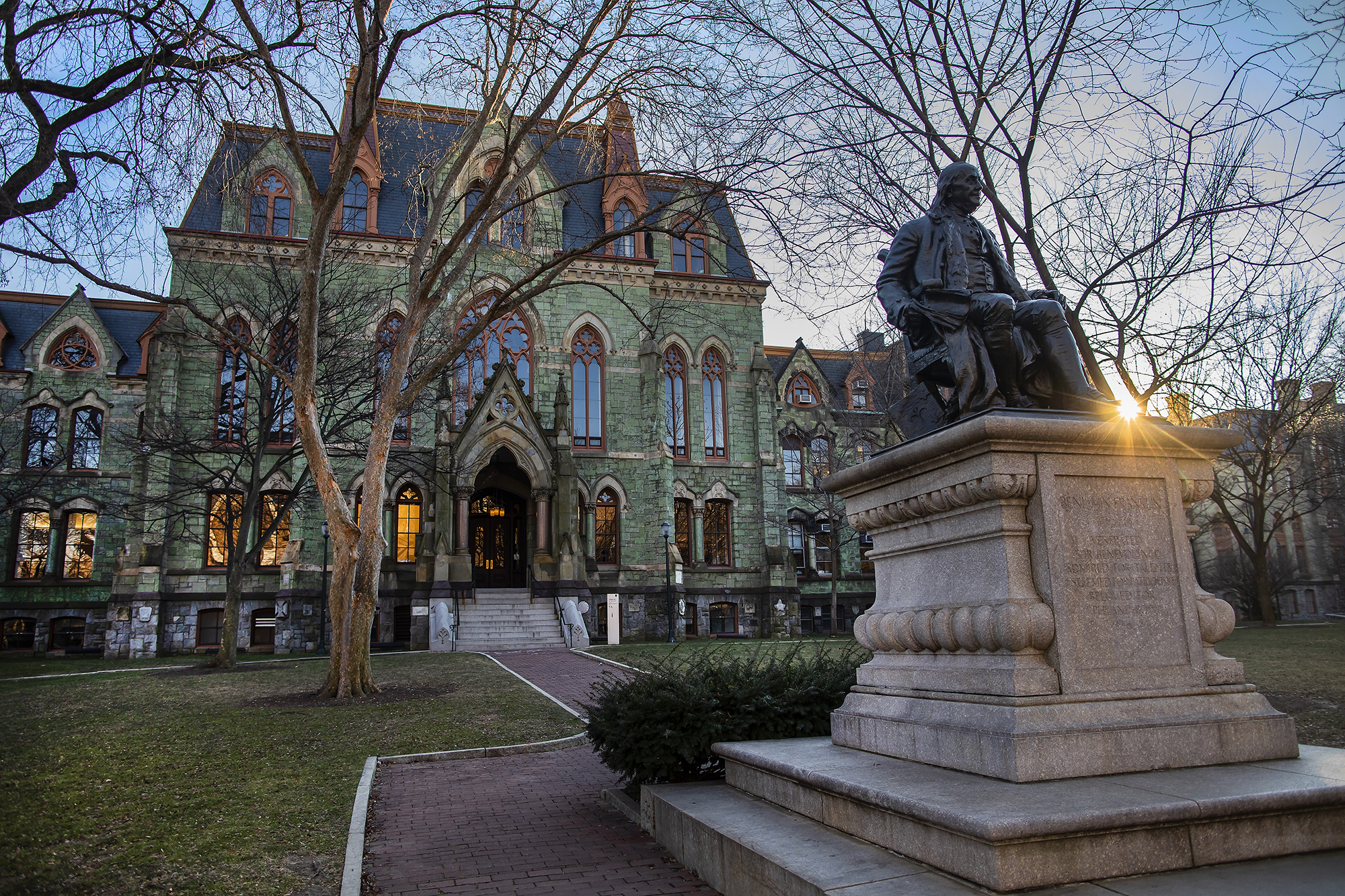
Penn in Latin America & the Caribbean (PLAC)
About the Initiative
Penn’s engagement in Latin America and the Caribbean are bolstered by a cross-campus, interdisciplinary group, made up of faculty and administrators: the Penn in Latin America and Caribbean (PLAC) Steering Committee.
Together, members of this diverse group seek to foster and highlight engagement in the region by organizing annual symposia and workshops, supporting student opportunities like the Pulitzer International Reporting Student Fellowship, and facilitating networking opportunities among colleagues whose work focuses on Latin America and the Caribbean.

Who We Are
PLAC is led by a Steering Committee with diverse membership, bringing together faculty and practitioners from across disciplines and across the University to advance engagemend in Latin America and the Caribbean.
If you are interested in helping to guide our efforts, please contact plac@upenn.edu.
What We Do
The PLAC Steering Committee seeks to deepen engagement in the region by organizing an annual convening for the Penn community to share their work and connect with colleagues, and by partnering with the Pulitzer Center and Penn Global to offer opportunities for students to become Pulitzer International Reporting Student Fellows.
Penn in Latin America & the Caribbean (PLAC) Symposium
Each year, the PLAC Steering Committee partners with schools, centers, and departments across campus to bring together the Penn community to highlight Penn work in Latin America and the Caribbean, and to promote interaction and collaboration among all who attend. The interdiscipinary symposium often features research presentations, keynote conversations, and panel discussions focusing on a broad issue impacting the region
Pulitzer International Reporting Student Fellowship
Made possible by a partnership between Penn and the Pulitzer Center, the Pulitzer International Reporting Student Fellowship in Latin America and the Caribbean offers a special opportunity for Penn students to raise awareness of underreported issues in the region through direct support for quality journalism across all media platforms and a unique program of education and public outreach.

Connect with Us
There are a number of ways to connect with us. Whether you are interested in joining the PLAC Steering Committee or engaging with our campus partners, join our efforts to bolster engagement in the region.